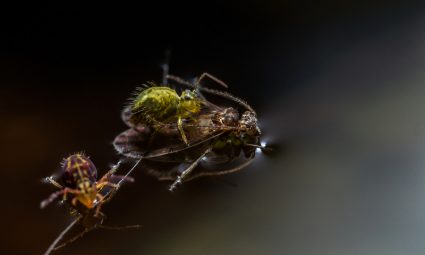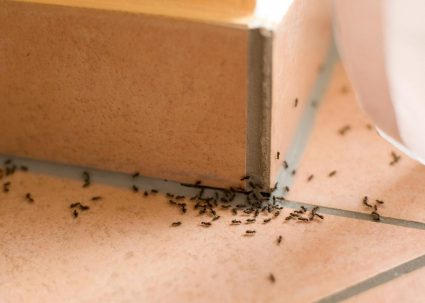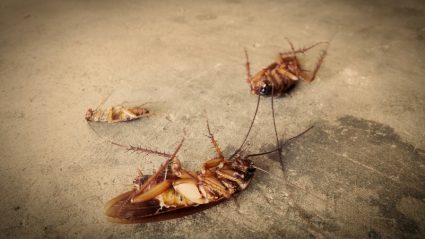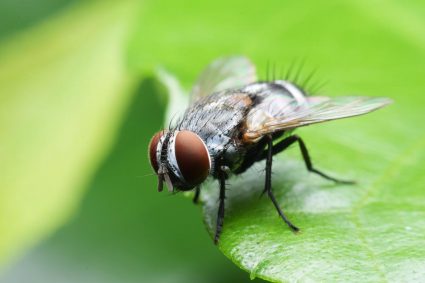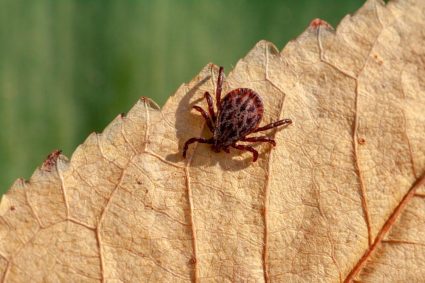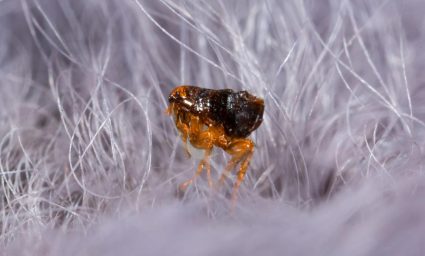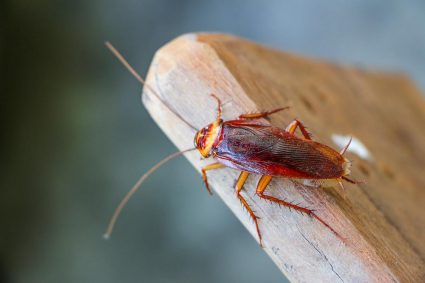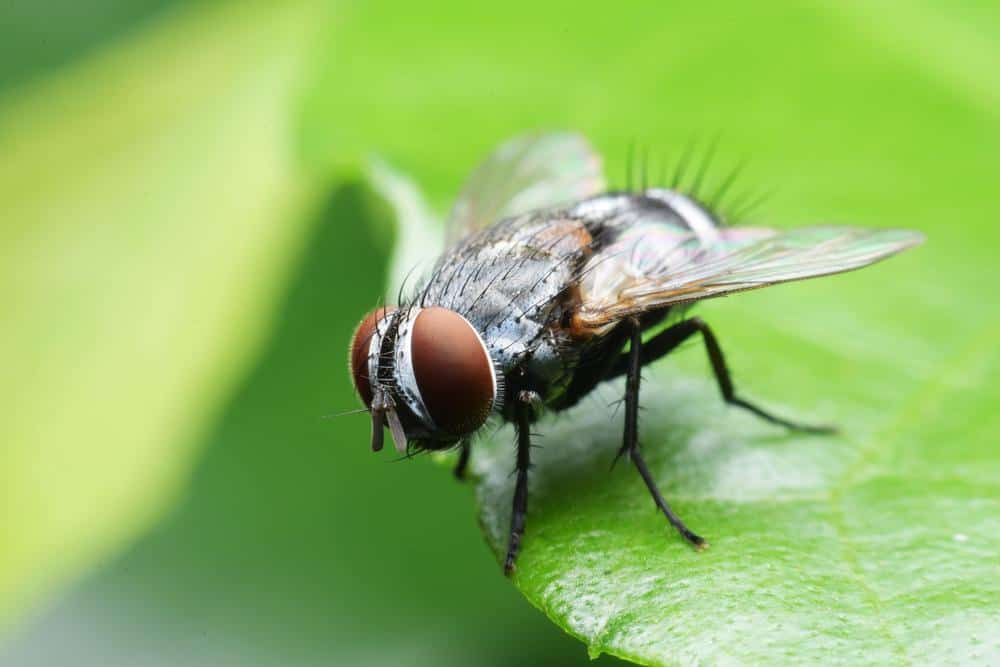
Flies can be a nuisance, especially during the warmer months. They buzz around your home or outdoor spaces, land on your food, and generally create an unpleasant environment. But did you know that certain herbs can help keep these pesky insects at bay? This article will delve into the world of herbs that repel flies, backed by scientific studies and practical advice.
Several herbs are known to repel flies due to their strong aromas and essential oils. Some of the most effective include basil, lavender, rosemary, mint, bay leaf, lemon balm, catnip, and sage. These herbs can be planted in your garden or near windows and doors, used in their fresh, dried, or essential oil forms, or incorporated into a natural insect repellent spray.
Top Herbs Known For Repelling Flies
Several herbs are known to repel flies due to their strong aromas and essential oils. Some of the most effective include:
- Basil: Not only a favorite in the kitchen, basil’s strong aroma effectively repels flies when planted near doors or used as a foundation planting.
- Lavender: This beautiful plant repels flies, mosquitoes, and moths. Fresh or dried lavender can deter moths in closets and drawers.
- Rosemary: Its pungent smell keeps flies, midges, and gnats at bay.
- Mint: The refreshing aroma of mint is disliked by flies, making it an excellent fly repellent.
- Bay Leaf: Bay leaves deter flies naturally due to their strong scent.
- Lemon Balm: The citrus scent of lemon balm is effective at repelling flies.
- Catnip: Not just a favorite of cats, catnip also repels flies and other insects.
- Sage: The strong, earthy scent of sage helps deter flies.
How Do Herbs Repel Flies?
Herbs repel flies due to the natural oils and compounds they release, which are unappealing to these insects. Compounds such as menthol, linalool, geraniol, limonene, and citronella are responsible for the strong and distinct aromas of these herbs. Flies are deterred by these scents, finding them unpleasant or irritating. The fly-repelling properties of these plants are heightened when their foliage is bruised or moved, allowing the essential oils to release.
Scientific Backing
Research supports the claim that certain herbs and plants can repel flies due to their aromatic oils and chemical compositions. For instance, studies have found that basil, lavender, and lemongrass effectively repel flies.
Using Herbs in Various Settings
To effectively use herbs to keep flies away in various settings, you can:
- Plant these herbs in your garden or near windows and doors.
- Use fresh, dried, or essential oil forms of these herbs to repel flies.
- Create a natural insect repellent spray by mixing a few drops of essential oil (such as lavender, peppermint, or citronella) with water in a spray bottle.
Remember that the fly-repelling qualities of herbs are heightened when the foliage is bruised or moved, allowing the essential oils to release.
Growing and Maintaining Fly-Repellent Herbs
Choose herbs with strong scents and essential oils that repel flies, such as basil, lavender, rosemary, and mint. Plant these herbs near areas where flies are a problem, such as around patios, windows, and doorways. Provide the herbs with well-draining soil, adequate sunlight, and appropriate watering.
Potential Drawbacks
While these herbs are a natural and eco-friendly way to repel flies, their effectiveness may vary. Some herbs may cause skin irritation, especially for those with sensitivities to certain plant families. Additionally, some herbs contain known allergens, which can cause allergic reactions when used in high concentrations.
Natural Alternatives
If herbs aren’t your thing, there are other natural alternatives to keep flies away, such as apple cider vinegar, essential oils, and even certain fruits like citrus.
In conclusion, herbs can be an effective, natural, and eco-friendly way to keep flies away. Whether you choose to plant them in your garden, use them in their dried form, or extract their essential oils, these herbs can help you enjoy a fly-free summer.
Frequently Asked Questions
Can I use these herbs indoors to repel flies?
Yes, you can use these herbs indoors. You can either grow them in pots near your windows or use their dried form or essential oils. However, remember to place them in areas where flies are usually found.
Can I use these herbs to repel other insects?
Yes, many of these herbs are also effective at repelling other insects. For example, lavender repels mosquitoes and moths, while mint can deter ants and spiders.
Is it safe to use these herbs around pets?
While most of these herbs are safe for pets, some like lavender and mint may be toxic if ingested in large quantities. Always consult with your vet before introducing new plants into your home.
How often should I water these herbs?
The watering frequency depends on the specific herb and the climate. However, most herbs prefer well-draining soil and should not be overwatered. A good rule of thumb is to water when the top inch of soil is dry to the touch.
Can I use any type of mint to repel flies?
Yes, most varieties of mint, including peppermint and spearmint, have strong scents that are effective at repelling flies.
How long do these herbs take to grow?
The growth rate depends on the specific herb and the growing conditions. However, most herbs can start repelling flies within a few weeks of planting.
Can I use these herbs to repel flies from my food?
You can use these herbs to help deter flies from your food. However, remember that they may not provide complete protection and should be used in conjunction with other fly control measures.

